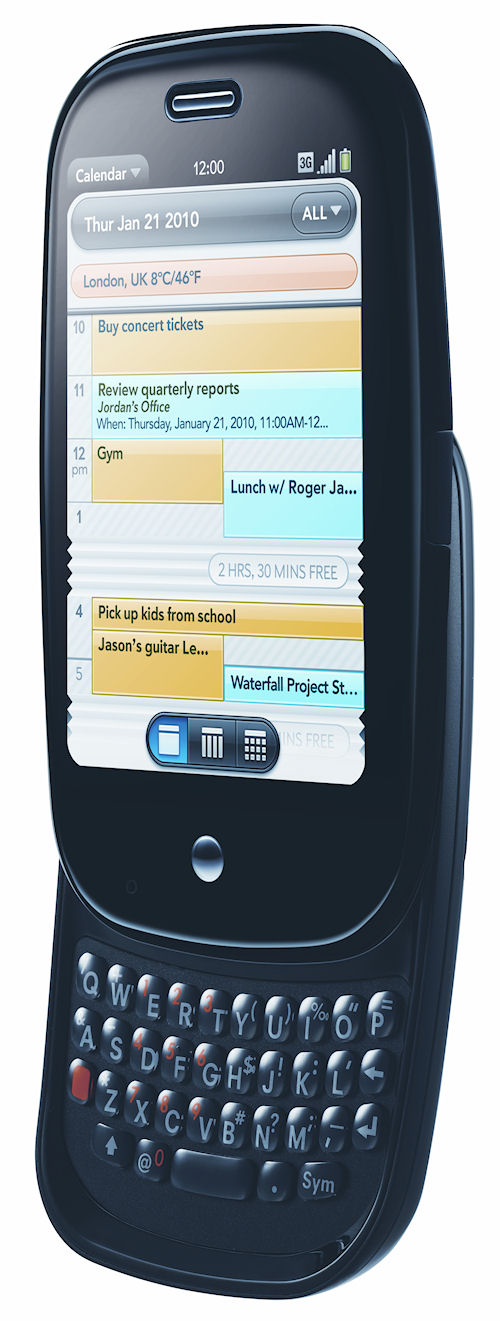Of course
As we anticipated, it was a PC OEM that snapped-up beleaguered US smartphone maker Palm in the end, and in retrospect HP - which has announced the acceptance of a $1.2 billion bid for the company - was the obvious choice.
The reason is webOS. The unique thing about the Palm Pre isn't the hardware - although it was the first to use TI's OMAP 3430 when it launched, but the operating system. Palm developed webOS from the ground up and it was only ever going to be a company that wanted to acquire a mobile OS that would buy Palm.
That pretty much ruled out all current handset-makers as they've already committed to at least one OS already - be it iPhone, Android, Windows Phone 7, Symbian/Meego or Blackberry. As we always maintained, that left PC OEMs keen to give themselves a leg-up into the critical mobile Internet market.
As recent leaks have shown, Dell is already fully committed to Android and WP7, and Acer made its smartphone acquisition a while ago. It would always have seemed a needless acquisition for Apple which, let's face it, is doing just fine in the smartphone market already, so among those PC OEMs that have the need and the cash to make such an acquisition, that left Lenovo and HP.
We don't know whether there was a bidding war or whatever, but HP is much bigger than Lenovo and has the resources to not just buy Palm, but fully invest in webOS, which it confirmed to tech blog Tech Crunch it intends to do.
"Palm's innovative operating system provides an ideal platform to expand HP's mobility strategy and create a unique HP experience spanning multiple mobile connected devices," said Todd Bradley, EVP of the Personal Systems Group at HP. "And, Palm possesses significant IP assets and has a highly skilled team."










